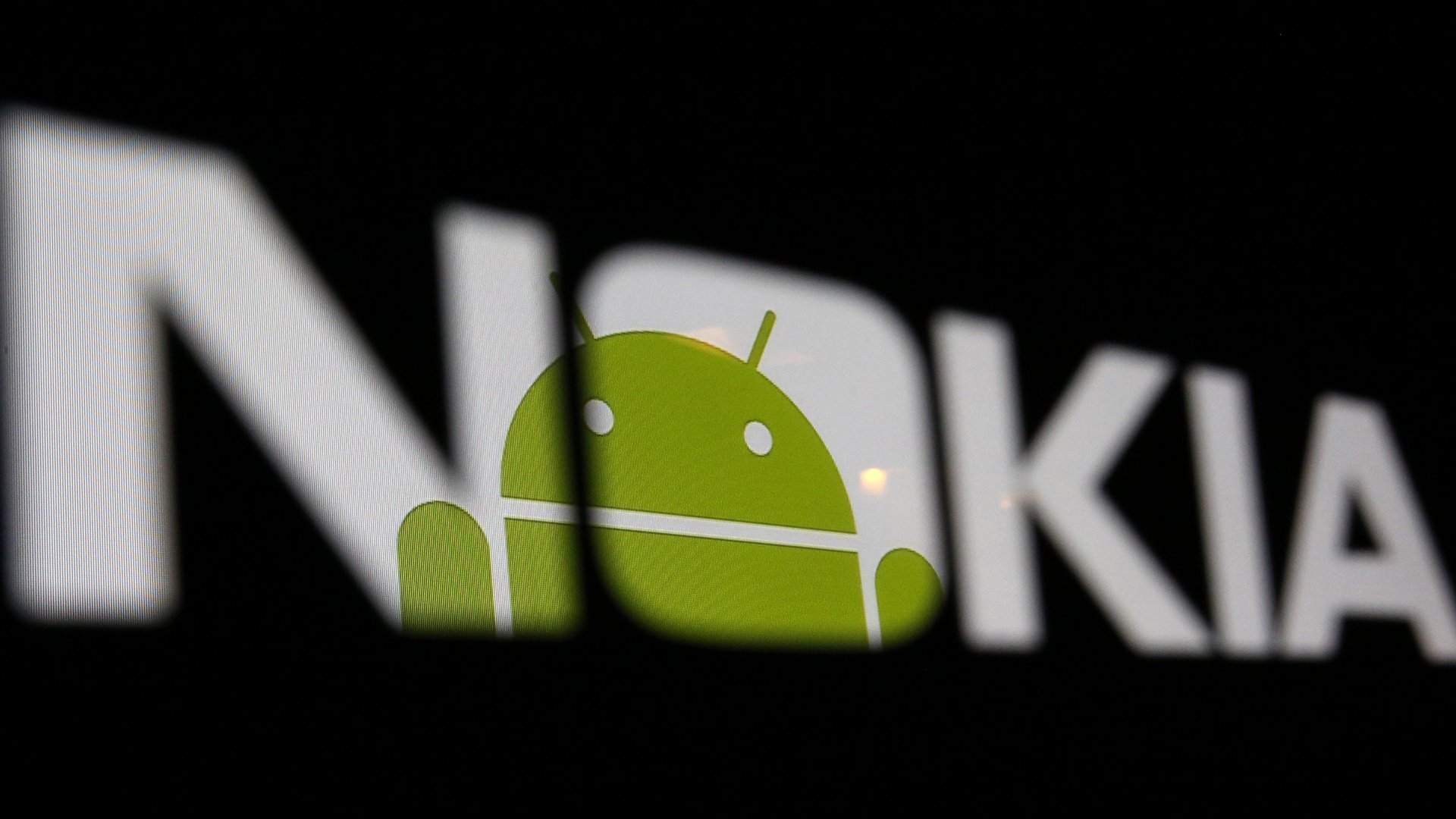Is Microsoft telegraphing the demise of Windows Phone?
This post has been updated with comment from Microsoft.


This post has been updated with comment from Microsoft.
Microsoft has recently made two moves that seem to undermine its Windows Phone operating system (OS). Last week came the Nokia X, a phone that runs Google’s Android OS instead. That was a big turnaround for Nokia, which had gambled its belated entry to the smartphone market on Windows Phone (and, many would say, lost). It was all the more remarkable as Nokia is now in the process of being absorbed by Microsoft. This week comes the news that Microsoft will allow Android app developers access to Office 365, an online, subscription-based version of Microsoft’s well-known software, which allows collaborative working.
Neither one of these moves will send users rushing into the arms of Windows Phone (nor, admittedly, away from it). But it does help secure the future of Microsoft’s other businesses. Start with Nokia itself: Customers in the developing world love its phones. They trust it for its reliability, after-sales service and the fact that thousands of informal service centers know how to fix the things. In countries like India, there remains a thriving resale market for Nokia phones, unlike anything for its competitors.
Yet those same customers are reluctant to upgrade to Nokia smartphones running Windows Phone because the OS is clunky, unintuitive and offers few apps. Running Android instead, and with unbeatable prices—they start at €89 ($122)—Nokia smartphones stand a much better chance.
The Office 365 announcement is geekier, but no less significant. Nobody understands business users like Microsoft does. Many of them use Microsoft products like Office 365. Many of them also use Android devices, for the reasons listed above. So instead of continuing to strong-arm them into switching to Windows Phone, the company may as well let them use their own phones and instead focus on retaining them as loyal users of Microsoft’s profitable business services.
Letting Android developers work with Office 365 means businesses can write their own Android apps for their employees to access company data on the move, and that existing apps can do more, making businesses more likely to stay with Microsoft. And there will be further developments. According to Microsoft’s Office blog, “we’re committed to aggressively expanding our APIs and continuing to listen to the community’s feedback.” (APIs are what allow developers to write apps for a software platform like Office.) Microsoft seems to be realizing that when it comes to mobile, its best bet lies in getting as many people using its profitable business software as possible—and if that’s bad for Windows Phone, so be it.
Microsoft responded to a request for comment by pointing to this blog post, in which it notes that Nokia remains a separate company. More pertinently, the blogpost stresses that “we’re pleased to see Microsoft services like Skype, OneDrive and Outlook.com being introduced on these devices. This provides the opportunity to bring millions of people, particularly in growth markets, into the Microsoft family.”